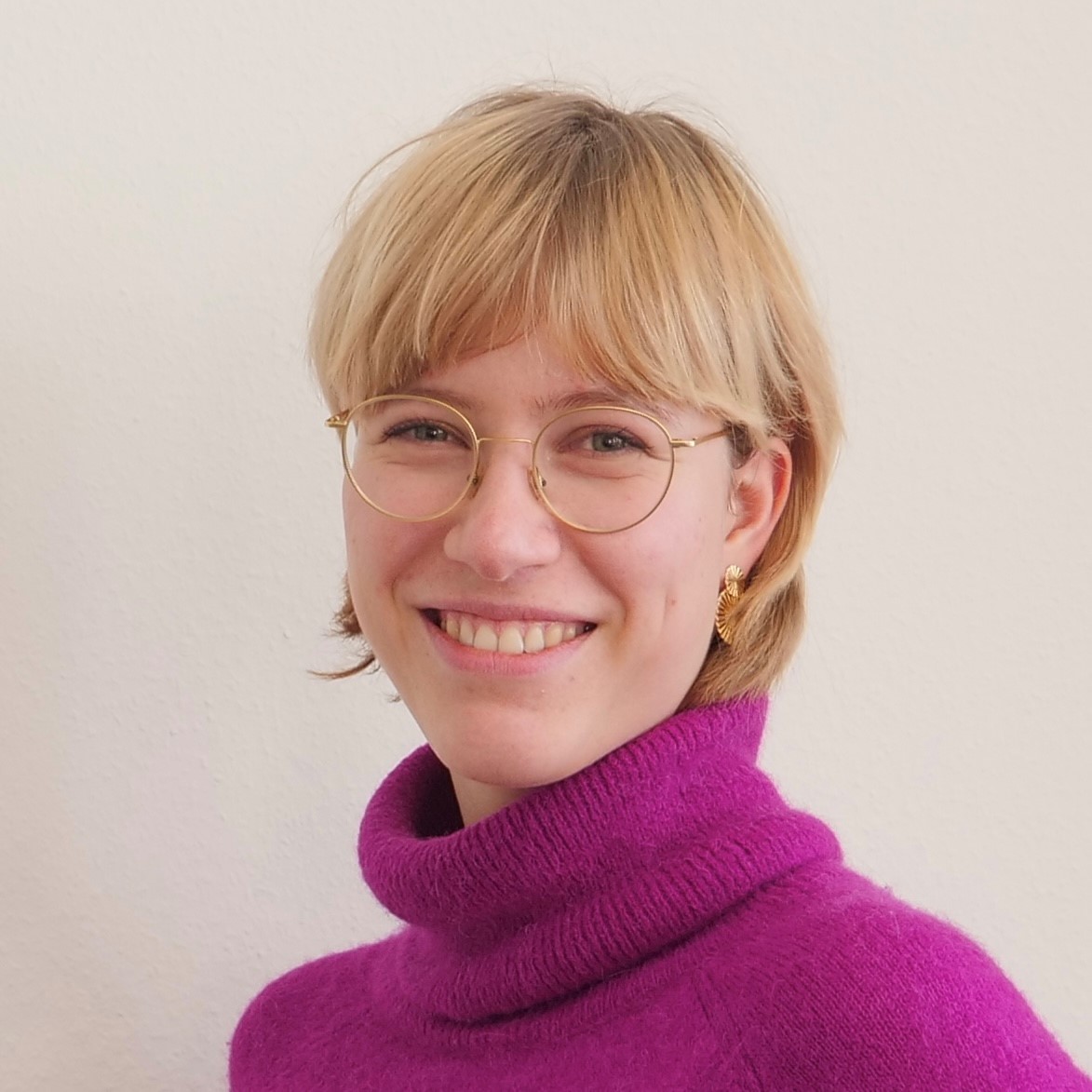Certain topics naturally bring together not only academics but also policymakers and professionals who work on them. Preventing and countering violent extremism (P/CVE) and, by extension also terrorism, is one example, where research intersects with real-world challenges faced by law enforcement, civil society actors, and policymakers. These professionals, who often enough work in their own filter bubbles, have much to gain from networking. Yet, opportunities for cross-sectoral mutual learning and networking often remain limited due to structural as well as professional hurdles. This blog post describes the opportunities, but also the challenges, of these rare occasions of coming together.
The most common format for meetings are thematic conferences, which are open to researchers as well as representatives from politics and practice. One example of this is the recently held 6th annual conference of Europol’s European Counter Terrorism Centre (ECTC) in April 2025, titled “Rank and Files or Memes and Likes? Terrorist Organisations, Groups, Networks.” As the title suggests, the conference centred on violent extremists’ and terrorists’ activities in the online sphere – a particularly complex and evolving challenge for policymakers and law enforcement agencies but also a topic that has caught increased scholarly attention. This is a commonality of such networking conferences: They tend to focus on those topics that are felt as the most pressing and emerging challenges in countering violent extremism and terrorism. Networking events, therefore, serve as a marketplace for informational demand and supply, ensuring that discussions remain relevant and forward-looking. In this marketplace, policymakers and practitioners seek insights on current and future threats and face challenges on dealing with them. Many so-called national action plans, strategic policy documents on preventing and countering violent extremism, emphasise the need for evidence-based decision-making. Even when policymakers do not immediately recognise the relevance of academic research, exposure to new insights can have indirect but significant effects on policy formulation. Likewise, practitioners, whether from law enforcement or civil society, can share their experiences and provide feedback on how existing P/CVE policies or research resonates with their work. Lastly, for researchers, such a conference offers the opportunity to influence policy and practice with their research findings, either by offering new insights or by providing critical perspectives.
Two examples from the ECTC conference can be highlighted since the programme of the conference was published and both projects are publicly described. One example for research influencing policy and practice is the VEOMAP research project funded by the Polish National Agency for Academic Exchange and realised at the ITSTIME research centre in Milan, which drew on open-source intelligence and used social network analysis to explore the pro-Islamic State (IS) information ecosystem and its evolution on the surface web (July 2023-March 2024) (see Lakomy 2024). By showing the structure, among others the quite centralised nature of this ecosystem, such research may resonate with similar findings from law enforcement agencies, go beyond them or inspire practice methodologically. A different example, showing the possibility of sharing experiences with P/CVE policy, albeit without going too much into the detail of this process, is the proscription of the Terrorgram collective as terrorist organisation on 26 April 2024 in the United Kingdom (see Home Office 2024). Sharing the steps and implications of this progress as well as perspectives on its effectiveness allowed policymakers and law enforcement agents from other countries to contemplate whether similar efforts could be realised in their respective national contexts.
While the picture painted here sounds promising, it is not without its problems in reality. Two interlinked problems will be discussed here. Firstly, professional differences between the actors often stand in the way of learning from one another and fruitful dialogue. Policymakers and law enforcement agents are often said to ‘think’ differently from prevention actors, as the former focus strongly on eliminating security risks and the latter have a broader understanding of prevention that also looks at the strengths of individuals and society against violent extremism. It seems counterintuitive at first, but to bridge these differences, which is necessary to enable a fruitful exchange and learning from each other, a lot of dialogue and trust is needed. One conference alone will not be able to create this. Instead, regular formats are needed that enable interpersonal relationships and a ‘meeting again’, an important basis for building trust. Only in such a setting is it conceivable that P/CVE practitioners in particular, some of whom have a special relationship with P/CVE policymakers due dependency relationships caused by public funding programmes, will be encouraged to share their experiences and criticism. Only when trust has been established do researchers get the impression that they are met with honest interest and open ears. However, structural bottlenecks in the P/CVE field, especially a lack of more stable funding, mean that exchange formats tend to appear sporadically rather than being permanent. Without naming examples here, there are some of these kinds of exchange formats that started promisingly and then fizzled out due to domestic political changes in the country that funded the event or due to the expiry of the one-off funding period. Others have been good spaces for exchange for years, where both new and the same people have been able to meet again and again, and which are now at risk of dissolution due to an administrative change, and it remains unclear to what extent previous formats will be continued. Those who want to secure the benefits of these exchange formats would do well to ensure that they are not a one-off event or that their future is uncertain, but that they take place regularly and thus allow some trust-building in the P/CVE and counterterrorism field.


